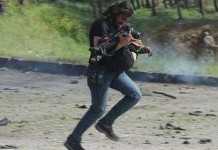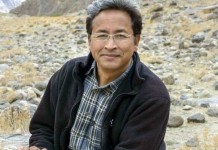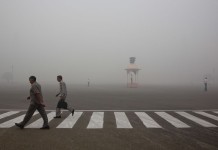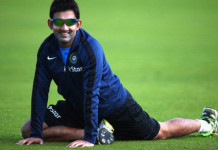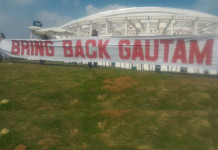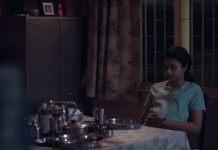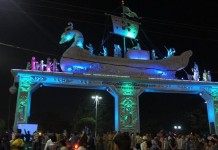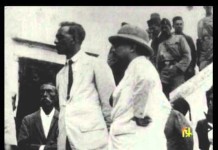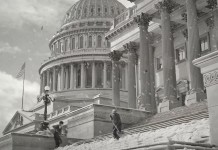The round-the-clock intensive surveillance on the Bose family members seems to have been triggered by not only Subhas Chandra Bose, the obvious target, but also his elder brother Sarat, who was becoming the focal point of anti-Congress forces in the state and even outside it immediately after Independence.
As per a Hindustan Times report, of the 64 IB files declassified by Mamata Banerjee government on September 18, as many as eight thick files, totalling 1,824 pages are devoted to the activities of Sarat Bose in the two-and-a-half years that he lived after Independence. There are pre-Independence files as well. The file on Subhas Bose himself has far fewer pages.
The British police, including the infamous officer Charles Tegart, described Sarat Bose as “the power behind his brother Subhas Chandra Bose”, “a most dangerous opponent of the government”, “the real snake in the grass”, the person most “responsible for the present cult of revolver” and “political assassinations” and one whose “activities were less spectacular than those of his younger brother, Subhas, they were more subtly insidious and therefore perhaps no less dangerous”.
The articles says Sarat Bose was under constant snooping, in Kolkata, Mumbai and other cities, with intelligence officers following him virtually everywhere, intercepting all communications to and from him. Snooping on him in Independent India started as early as on October 7, 1947. IB files reveal that by that time Sarat Bose was already at the centre of a planned opposition block against the P C Ghosh government in Bengal and had been getting invitations from different states to attend programmes against the Nehru government.
His whopping victory against the Congress candidate in the South Calcutta by-elections in June 1949, which was projected as a test of popularity between the Congress government and anti-Congress forces, strengthened his grounds. His death in February 1950 ruined the plan of creating a pan-India anti-Congress platform. Snooping on his sons, Amiya Nath and Sisir Kumar, continued for two more decades but at much lesser level.



